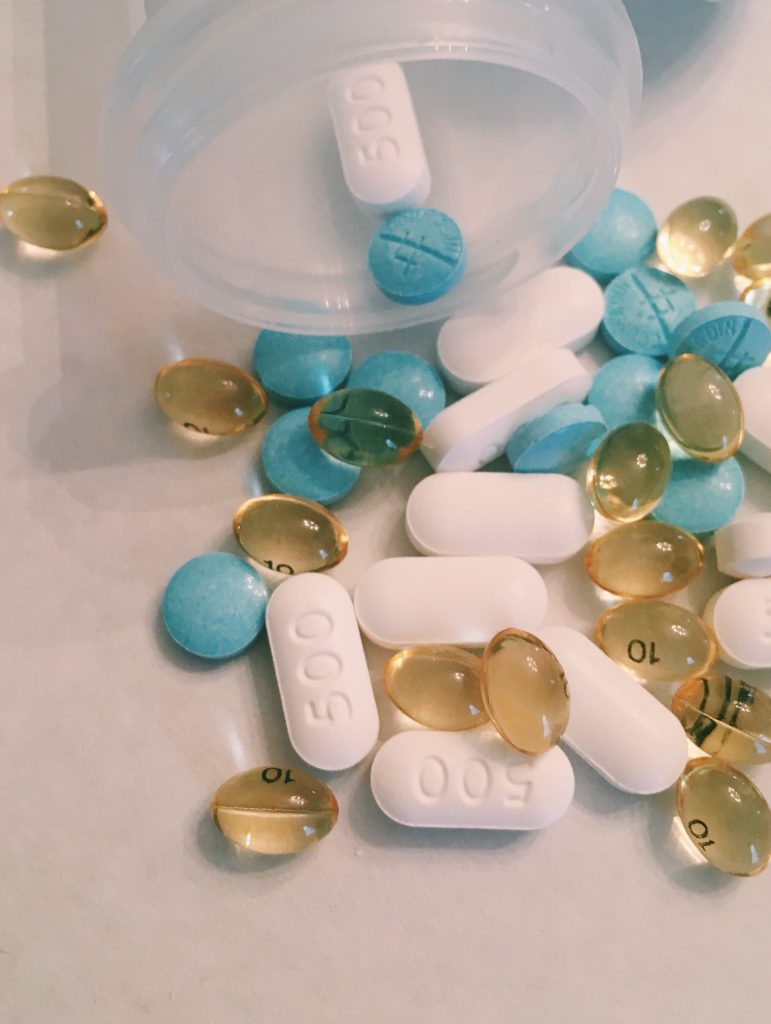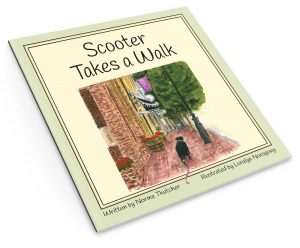
Photo courtesy of Pina Messina on Unsplash
My last post pointed out that in 2017 the pharmaceutical industry spent six billion dollars on direct-to-consumer advertising of prescription drugs. It turns out that’s just a quarter of what that industry spent in marketing those same drugs to the healthcare profession.
Yep…over 24 billion was spent marketing to doctors in medical journals, at meetings and educational symposiums, and providing free samples, according to a 2017 Consumer Report article.
Note: The FDA budget is around five billion dollars, yet the pharmaceutical industry outspends that amount in advertising.
To quote Bruno Mars, “Say what?”
Per a spokesperson from PhRMA (The Pharmaceutical Research and Manufacturers of America, formerly known as the Pharmaceutical Manufacturers Association) the money was spent to build a relationship with the healthcare providers and to ensure that the providers “have the latest, most accurate science-based information available regarding prescription medicine.”
We are a nation of over-prescribed people. One expert has noted that we are a “culture encouraged by intense marketing by drug companies.”
How did this happen? Sometimes we take medicine for conditions we don’t yet have; we may be “pre” something and instead of altering our diet and lifestyle, we’re told to take a pill.
Or perhaps we used to actually need a medicine but don’t anymore. If it’s something we’ve been taking for years, we may not even give it much thought.
And there are numerous real cases described in the literature where something like this happens: An Rx is prescribed for a condition, but that Rx made the patient dizzy, so he was prescribed another pill for the dizziness. But that dizzy-fixer pill caused a mood disorder so then THAT condition needed to be corrected. And, well…you see where this is going.
I’m fortunate to have a family doctor who now evaluates not only my prescription drugs (two) each visit, but he also checks my supplement list since some prescription drugs and supplements taken together can produce negative effects. Consider a blood thinner and baby aspirin being taken together; this could be too much medicine that is aimed at fixing the same issue.
One segment of our population that unnecessary and/or improper prescription drug use affects the most is the elderly. (Personal aside: Many studies categorize “elderly” as over 65. That includes me, and I am highly offended.)
A Washington Post Dec 2017 article was titled: “The other big drug problem—older people taking too many pills.” The term for this is polypharmacy which means this: taking a multitude of medicines, whether they are prescription drugs, OTC treatments, herbal or dietary supplements.
The more that this issue is being brought into the light, the greater the number of healthcare providers there are joining the cause called “deprescribing.” That is the systematic discontinuation of prescriptions that are improper for the patient, duplicative, or simply not needed any longer.
My doctor helped me with some deprescribing last year. Some years back I took an anti-inflammatory for arthritis. Since that can be rough on the upper gastrointestinal system, I also took Omeprazole, a proton pump inhibitor (PPI), that is often prescribed for acid reflux or heartburn. In fact, PPIs are one of the most commonly used classes of drugs prescribed in the US.
Research is now showing that long-term use of PPIs can be linked to various health issues such as increased risk of bone fractures and serious kidney damage. So I wanted OFF that medication. My doctor set up a plan to wean me from the PPI rather than just stopping it.
Where am I going with this post? I want you to be aware of what I’ve shared. No, I am not a doctor and to be crystal clear, I am NOT offering medical advice of any kind.
I am suggesting that you take this action: Type up a list of every prescription, over-the-counter medicine, and supplement you take. Note the name, strength, quantity, and time of day you take each one.
For instance, this is what the supplement Curcumin looks like on my own list: Curcumin, 40 mg, 1 daily in the morning
Then at your next checkup or visit, have your doctor review your list to make certain your medications are what you truly need to live your healthiest life. This is an idea seconded by Consumer Reports. Last year the group designated October 21 as National Check Your Meds Day. So make your list now!
~~~~~~~~~~~




Norma:
Doctors are unable to “practice” medicine, on we guinea pigs, without their prescription pads!!! I have the utmost respect for my doctors who do NOT always reach for their prescription pads, but merely attribute my malady to “birthdays”!!! And no I am not offended by that reference. I am going to recover from every illness but the last one, and that’s a “Thatcherism”!!! Now, if you will please excuse me, I am going to take my 17 vitamin/supplement pills and capsules. My ophthalmologist agrees with me, that the vitamins are why I am not having to wear anything but the weakest reading glasses!!! Thank you Jesus!!!!!
Take the Rx advertisements off TV! How much $ could be saved by doing that?!
Remember when women were highly encouraged to take calcium supplements for our bones? Then our bones were getting too brittle! I say: Eat ice cream ! ????
Of course, eat ice cream!! Did you have the butterscotch in CO?
Norma you are so hip…..quoting Bruno Mars “Say What?” I love it.
I’ve always hated any medicine and I understand that some are really needed, so I reluctantly take them. We do review my meds every Doctor visit.. The only thing that I have abandoned completely is the arsenal of mega sized vitamin pill that are recommended to cure anything from varicose veins to labor pains. (and to take them several times a day) They were tough enough the first round. My Dad use to say, “Do you want me to die healthy?” So, I have adopted his regimen.
Norma you are always full of great advice!!!!!! Love you girl!!!!!!
Just for the record, I love being called “hip.”